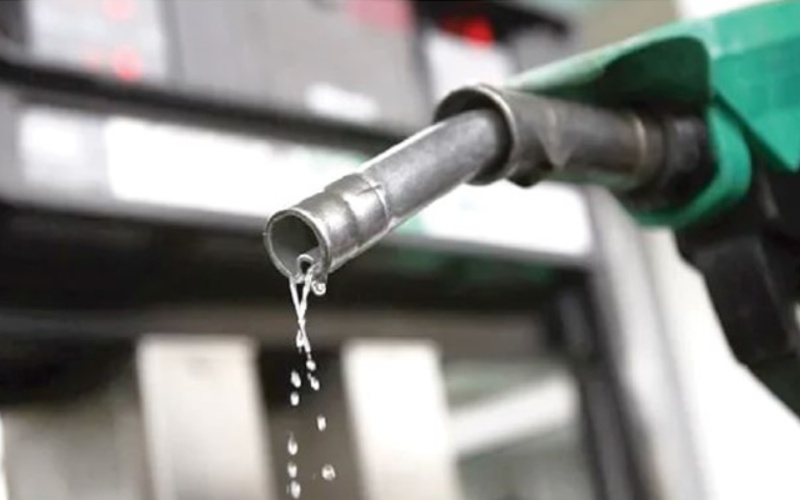Recent data from the National Bureau of Statistics reveals that Nigeria spent a staggering N3.5 trillion on fuel imports during the second half of 2023.
The Tinubu administration’s removal of fuel subsidies on May 29, 2023, initiated a series of reactions, including a tripling of fuel prices and subsequent effects on various sectors.
Despite spending approximately N7.5 trillion on fuel imports throughout 2023, a slight decrease from the previous year’s N7.7 trillion, the country witnessed a significant surge in fuel importation costs during the second half of the year, amounting to N3.5 trillion compared to N3.9 trillion in the first half.
Using the 2023 exchange rate, Nigeria’s spending on fuel importation equates to approximately $7.7 billion for the year.
The removal of subsidies aimed to address long-standing issues in Nigeria’s petroleum sector, including the reliance on imports due to failing refineries and inadequate local production capacity. However, the process triggered economic ramifications, leading to a notable increase in inflation rates from 22.41% to 29.9% between May and January 2024.
Despite efforts to enhance domestic production, such as the commissioning of the Dangote Refinery, Nigeria continues to depend heavily on fuel imports. The rising costs are exacerbated by the depreciation of the naira against the dollar, reaching N907/$1 on the official market and surpassing N1000/$1 on the black market by the end of 2023.
Over the past five years, fuel importation has incurred a substantial expenditure of N23.5 trillion, with 2022 and 2023 alone accounting for over half of this total. The depreciation of the naira in recent years has contributed significantly to the escalating costs.
As Nigeria awaits the full operations of the Dangote Refinery to enhance domestic production, fuel imports are expected to persist, posing challenges amid fluctuating exchange rates and economic uncertainties.











